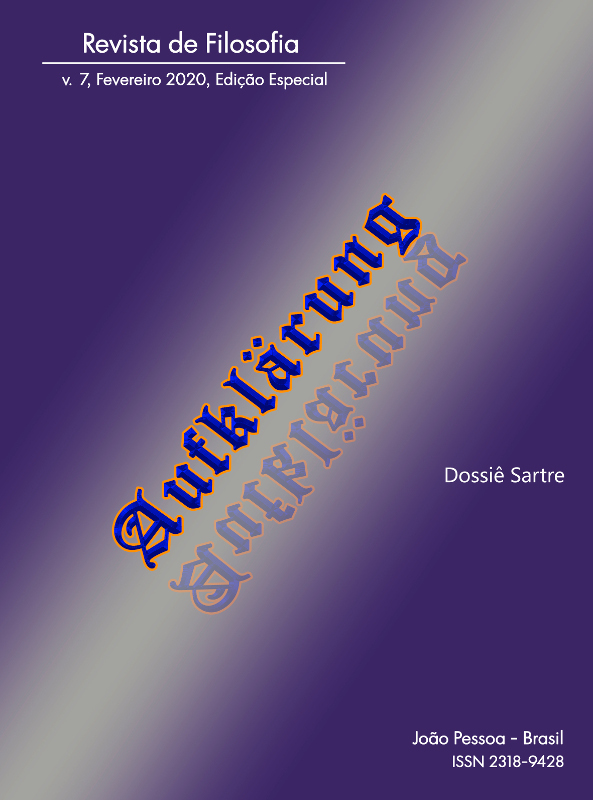Time in Heidegger and Thomas Mann
DOI:
https://doi.org/10.18012/arf.2019.50322Abstract
The article intends to suggest and give the conceptual basis to a double enlightment between the novel The Magic Mountain, by Thomas Mann, and the philosophical treaty Being and Time, by Martin Heidegger, concerning the conception of time. It is intended to show, trough the analysis of the structure of the first part of Mann’s novel, that in it the concept of existence is also “temporalized”. The way to give consistence to such hypothesis implies three steps: (1) elucidate, briefly, Heidegger’s conception of temporality; (2) analyze the structure and elements of the first part of Mann’s novel, in continuous reference to the strength of the prologue; (3) suggest approximations between the form of the first part of The Magic Mountain (and its narrative conquests), to the notions taken from Being and Time.
Downloads
Additional Files
Published
How to Cite
Issue
Section
License
Journal general policy
1.This journal works under a Creative Commons License aplied to online journals. That icence can be read in the following link: Creative Commons Attribution 4.0 International (CC BY 4.0).
2.Accordingly to this License, a)the journal declares that authors hold the copyright of their articles without restrictions, and they can archieve them as post-print elsewhere. b)the journal allow the author(s) to retain publishing rights without restrictions.
Metadata Policy for information describing items in the repository
1. Anyone may access the metadata free of charge at anytime.
2.The metadata may be re-used in any medium without prior permission, even commercial purposes provided the OAI Identifier or a link to the original metadata record are given, under the terms of a CC BY license refered for the Journal.







































